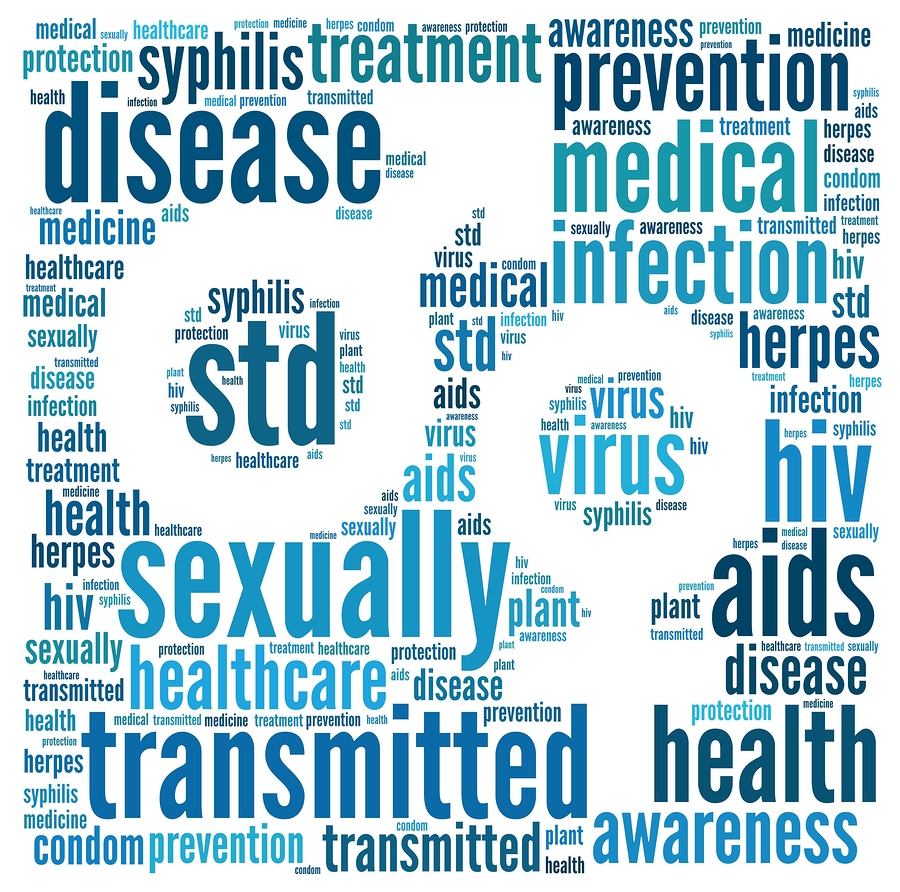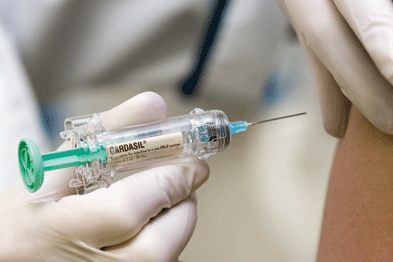The STD You May Already Have
Genital Herpes
One in six people have genital herpes, making it the second most common STD in America, according to the there CDC & 6 in 10 people in the UK by reports from the NHS. There are two strains of the virus: Genital and oral, the latter of which causes cold sores but isn’t considered an STD. Genital herpes is not only common but also typically flies under the radar: Experts believe 80 percent or more of herpes cases aren’t recognised. When the virus does manifest, it usually appears as blisters around your genitals or rectum, but can also spread to the mouth during oral sex. Most symptoms are mild, or can be passed off as something else, ingrown hairs. The virus is usually transmitted through coming in contact with the fluids found in a herpes sore, but an infected person can spread it from skin-to-skin contact even when they don’t have any visible blisters.
Trichomoniasis
Coming in third place is trichomoniasis which is a parasite most commonly passed from a man to a woman. But about 70 percent of people infected with trichomoniasis don’t have any symptoms. Signs for men usually come in the form of itching or irritation inside the penis, burning after peeing or ejaculating, or a strange discharge. Without treatment, the infection can last for months or years and, while most people don’t see proof of the parasite,trichomoniasis can increase your risk of getting or spreading other STDs. Fortunately,trichomoniasis is considered the most curable common STD since it can be treated with a single dose of antibiotics—but you probably won’t know to treat it unless you get tested in the first place.
So How Do I Stop Myself Getting One

Condoms greatly reduce the risk of catching or spreading an STD, but not completely. Since you can have an STD without knowing, and you can spread it whether or not you have symptoms, getting tested is incredibly important. It’s the only way to know definitively if you’re infected and if it can be treated.
“Even people with only one partner are at risk for STDs,Everyone should have sexual health conversations with their physician regardless of the number of partners they’ve had.”
We recommend at least an annual visit to a local GUM clinic, they will take down your sexual history and risk factors, then determine which tests are appropriate to run.
Go get tested today if you haven’t been tested in the last year!







